In a statement made by the World Bank, it was reported that the Bank helped people in developing countries better withstand the devastation caused by climate change with the financing package announced at the 28th Conference of the Parties to the United Nations Framework Convention on Climate Change (COP28).
In the statement, it was noted that the Bank allocated 45 percent of its annual financing to climate-related projects for the fiscal year from July 1, 2024 to June 30, 2025, and strived to do more faster to combat climate change.
In the statement, it was recalled that the Bank announced in 2021 its goal of reaching an average of 35 percent by 2025, and stated that it has been ahead of schedule with an average of 36.3 percent since July 2022.
The World Bank's projects will focus on increasing the resilience and adaptation of those most affected by climate change, as well as the protection of ecosystems and biodiversity to protect the health of people and the planet, the statement said, adding that the Bank will continue to help countries affected by climate shocks to adapt and reduce greenhouse gases that contribute to climate change.
"Good sign for the future of the Loss Damage Fund"
On the other hand, Ajay Banga, President of the World Bank and Kristalina Georgieva, President of the International Monetary Fund (IMF) participated in an interview at COP28.
In his speech here, Banga said that donor countries have already pledged 420 million for the "Loss and Damage Fund", which the World Bank will temporarily host for four years, which was agreed on the first day of COP28, and that these early commitments are a good sign for the future of the fund.
Banga said that this amount will not go very far in the case of loss and damage, but it will be related to technical assistance and analytics as a start.
Georgieva, on the IMF's analysis showing that low-carbon investments should increase to about 5 trillion dollars a year by 2050, noted that although this may sound like an impossible amount, it is possible considering the world economy, which is over 100 trillion dollars and continues to grow.
Stating that the IMF supports a carbon price, Georgieva said this would be an incentive to accelerate decarbonization.


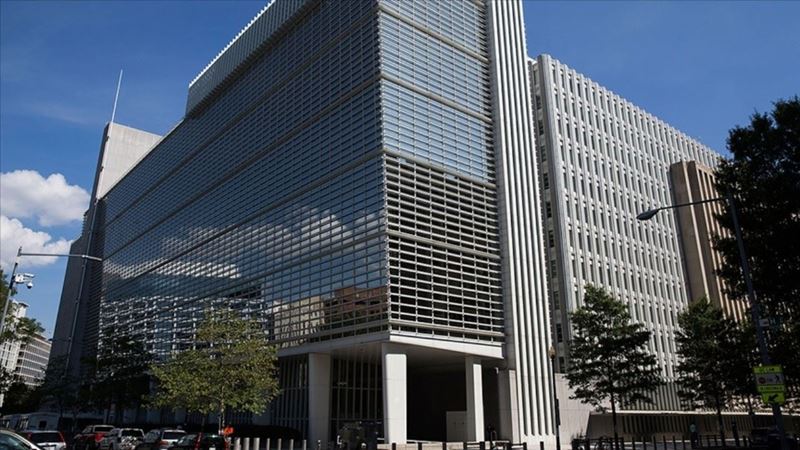


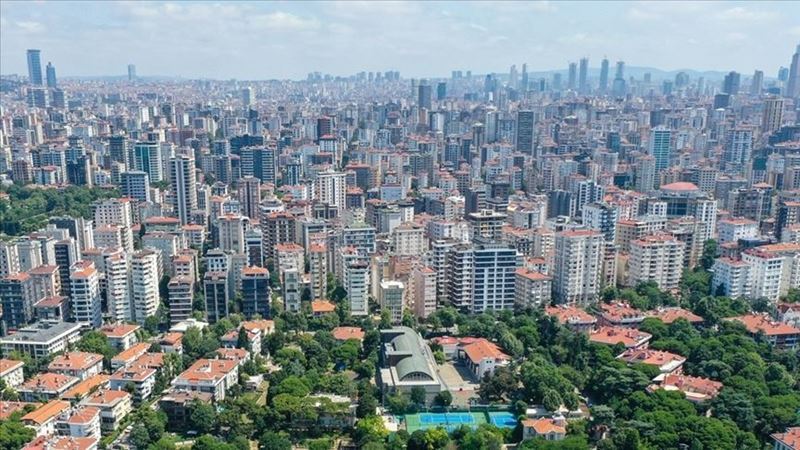
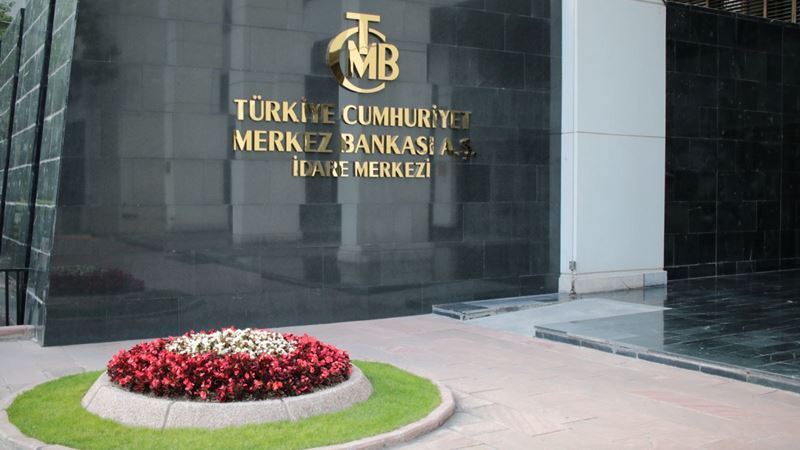
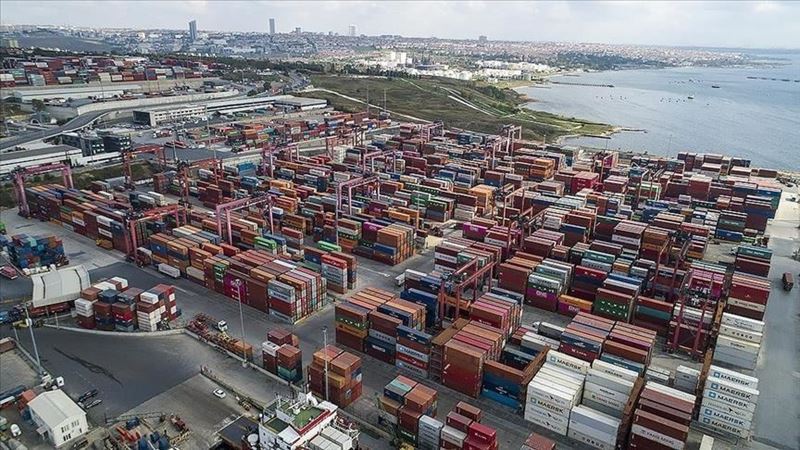
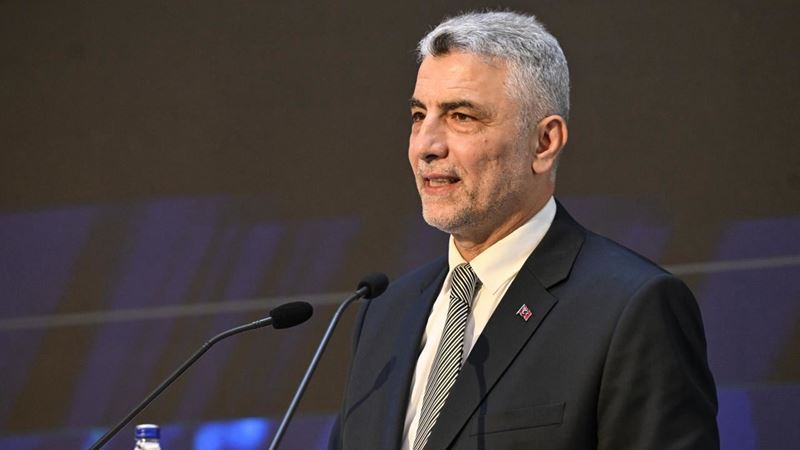


Comments
No comment yet.